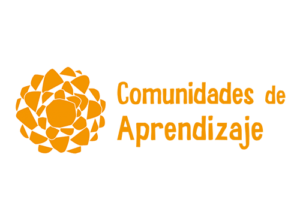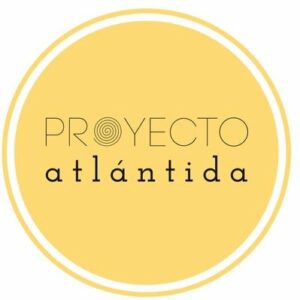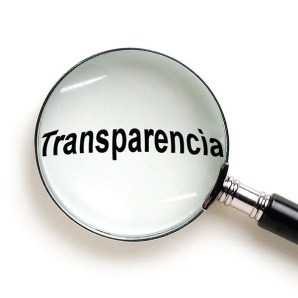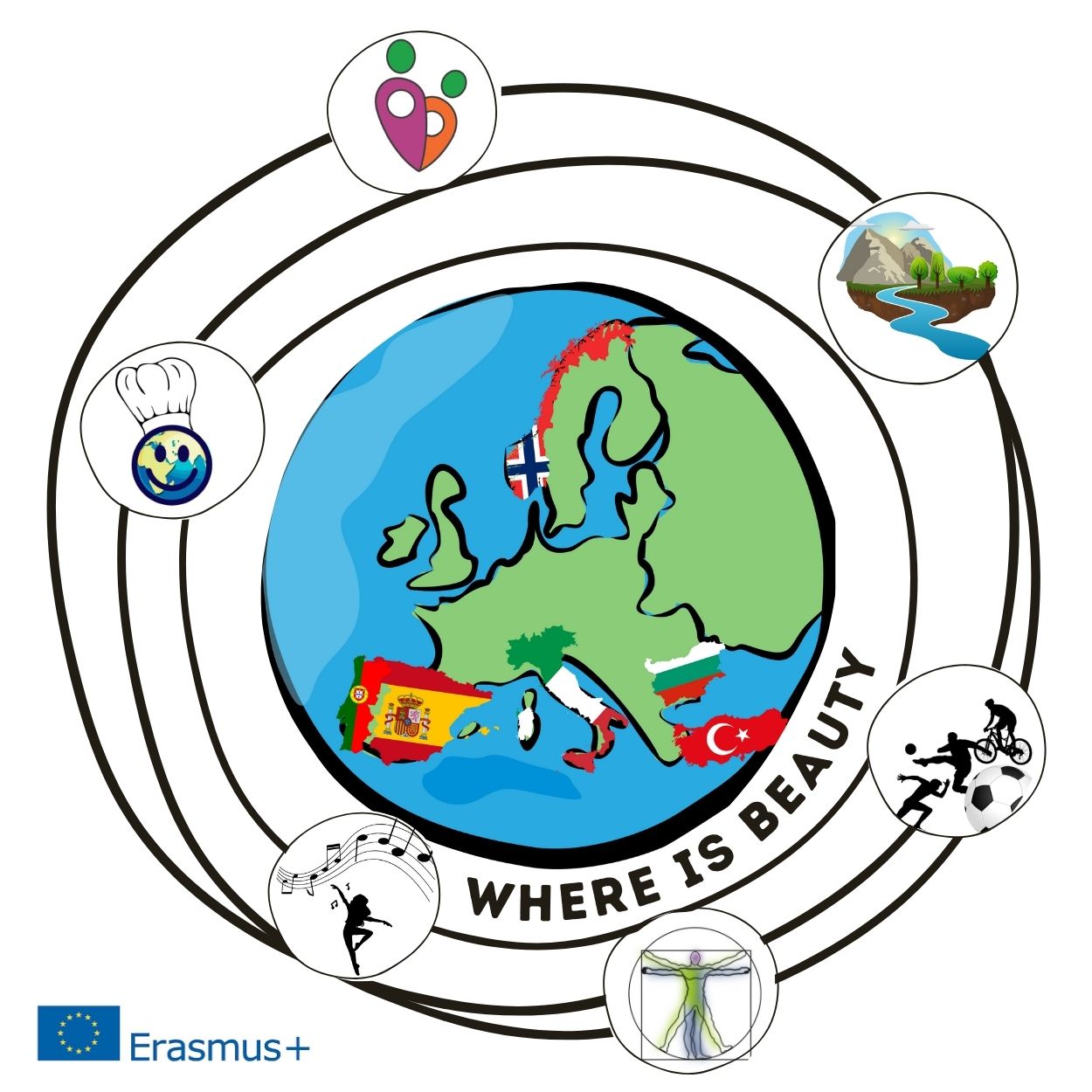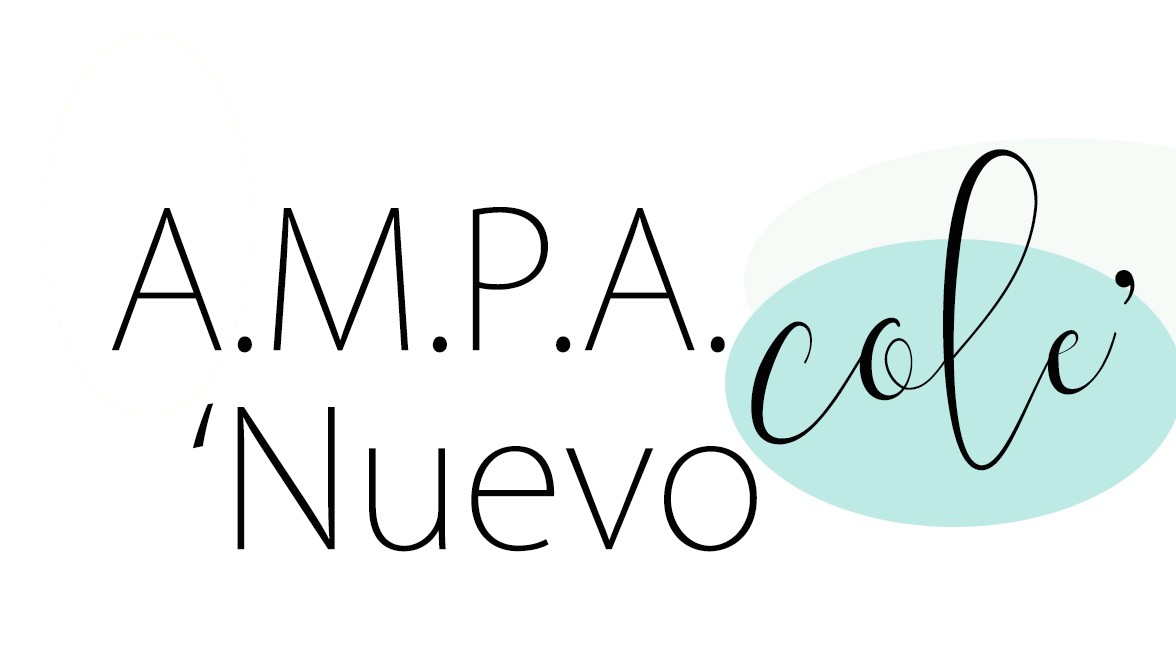Nuestro Proyecto de Gestión tiene como uno de sus objetivos introducir el ERASMUS+ en nuestro Plan de Centro, como respuesta al Bilingüismo y otras necesidades detectadas en nuestro centro educativo, que forman parte de nuestro Plan Europeo de Desarrollo, donde la formación permanente del profesorado, la conciencia europea de la educación y la interiorización de nuestro centro son objetivos claros a conseguir como comunidad educativa. Con el proyecto ENSEÑANDO A LA GENERACIÓN 3.0, planteamos la necesidad de educar a esta nueva generación de nativos digitales, ofreciéndoles las competencias que necesitarán en una sociedad tecnológica y cambiante en la que estamos inmersos: Saber comunicarse en una sociedad multilingüe, utilizando el EPT (Tecnologías de Empoderamiento y Participación), junto con la participación de las familias para crear un mundo sostenible. De acuerdo con esto, los objetivos que nos planteamos en este proyecto son los siguientes:
- Aprender a través de la observación directa y aplica buenas prácticas en el aula utilizando las TIC y sacándolas al máximo.
- Utilizar las TAC(Tecnologías de Aprendizaje y Conocimiento) como vehículo de aprendizaje para nuestros estudiantes.
- Hacer un uso responsable por parte de los estudiantes de las nuevas tecnologías y herramientas digitales para lograr su empoderamiento y mejorar su participación en la sociedad, llegando así al término de la TEP.
- Investigación sobre modelos educativos en los que se integre a la familia como principal agente de cambio educativo.
- Diseñar un plan de evaluación de esta práctica.
- Observar y diseñar una serie de estrategias metodológicas exitosas en la implementación del Bilingüismo en nuestro centro.
- Recibir información y formación sobre cómo integrar actividades relacionadas con el medio ambiente, consiguiendo una escuela más sostenible.
Todos estos aspectos fundamentales para entender la filosofía de este proyecto, se reflejan en las 4 movilidades que hemos solicitado, que supondrán un cambio y reajuste en los documentos de nuestro centro, metodologías y oportunidades de aprendizaje de nuestros alumnos a corto y largo plazo, sin olvidar el impacto social que tendrá este proyecto, porque en las Comunidades de Aprendizaje toda la comunidad educativa (familias, ayuntamiento, agentes locales y centro) está inmersa en el proceso de enseñanza-aprendizaje:
- CURSO ESTRUCTURADO de 5 días para 1 profesor: «Educación ambiental y educación al aire libre en entornos no formales» en Chipre.
- JOB SHADOWING de 5 días para 1 profesor en la escuela Saint George du Vièvre, en Saint George Du Vièvre, en Francia.
- JOB SHADOWING 4 días para 2 docentes en la escuela Kiiminkijoen koulu en Oulu, Finlandia. Aunque ambos docentes van juntos, tratarán dos aspectos diferentes de una misma escuela: Observación de la inclusión de las familias en el Sistema educativo finlandés y el uso de tecnologías según el modelo TEP.
Our Management Project has as one of its objectives to introduce the ERASMUS + in our Center Plan, in response to Bilingualism and other needs detected in our educational center, which are part of our European Development Plan, where the permanent teacher training, the European awareness of education and the internalization of our center are clear goals to achieve as an educational community. With the project TEACHING THE GENERATION 3.0, we propose the need to educate this new generation of digital natives, offering them the skills they will need in a technological and changing society in which we are immerse: Know how to communicate in a multilingual society, using the
EPT(Empowerment and Participation Technologies), together with the participation of families to create a sustainable world. According to this, the objectives we set in this project are the following:
- Learn through direct observation and apply good practices in the classroom using ICTs and making the most of them.
- Use the LKT (Learning and Knowledge Technology) as a learning vehicle for our students.
- Make a responsible use by students of new technologies and digital tools to achieve their empowerment and improve their participation in society, thus reaching the end of TEP.
- Research about educational models in which families are integrated as the main agent of educational change.
- Design an evaluation plan for this practice.
- Observe and design a series of successful methodological strategies in the implementation of Bilingualism in our center.
- Receive information and training about how to integrate activities related to the environment, achieving a more sustainable school.
All these fundamental aspects to understand the philosophy of this project, are reflected in the 4 mobilities that we have requested, which will entail a change and readjustment in our center documents, methodologies and learning opportunities of our students in the short and long term, without forget the social impact that this project will have,
because in Learning Communities, the entire educational community (families, town hall, local agents and school) is immersed in the teaching-learning process:
- STRUCTURED COURSE of 5 days for 1 teacher: «Environmental education and outdoor education in non-formal settings» in Cyprus
- JOB SHADOWING of 5 days for 1 teacher at the Saint George du Vièvre school, in Saint George Du Vièvre, in France
- JOB SHADOWING 4 days for 2 teachers at Kiiminkijoki School in Oulu, Finland. Although both teachers go together, they will deal with two different aspects of the same school: Observation of the inclusion of families in the Finnish education system and the use of technologies according to the TEP model.
Puede acceder a la web del proyecto pinchando en la siguiente imagen del logo del proyecto:
